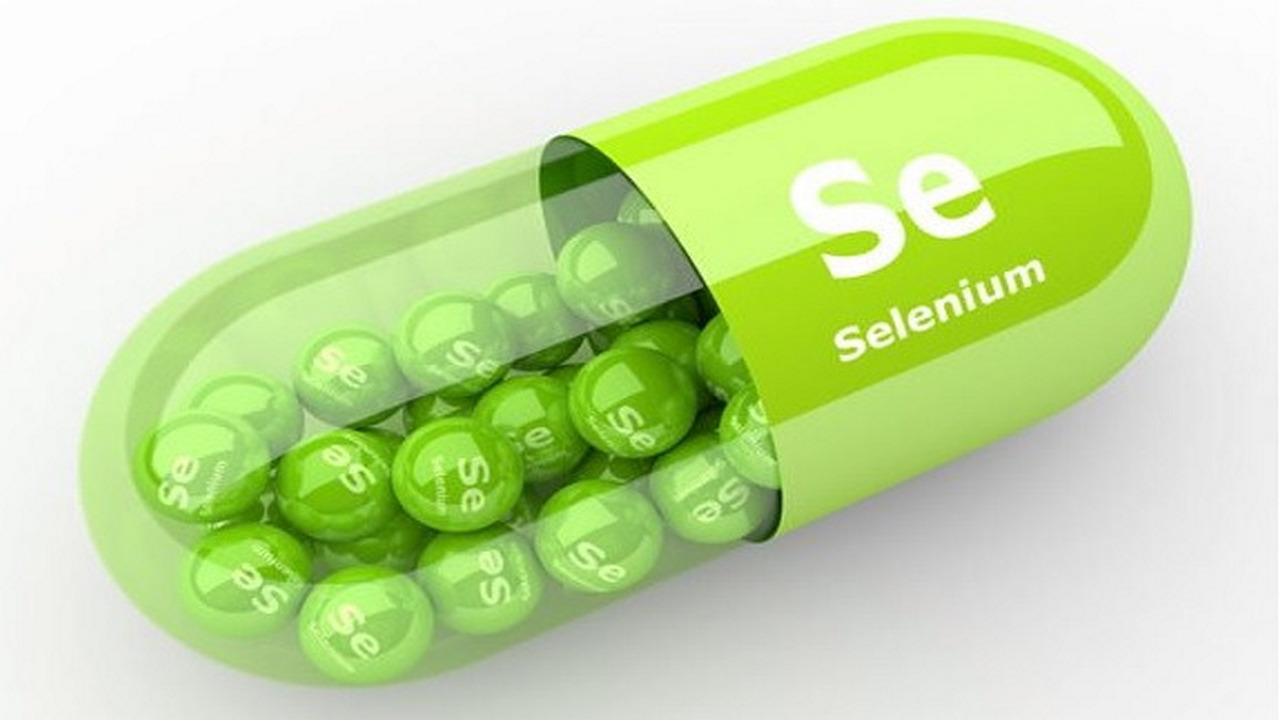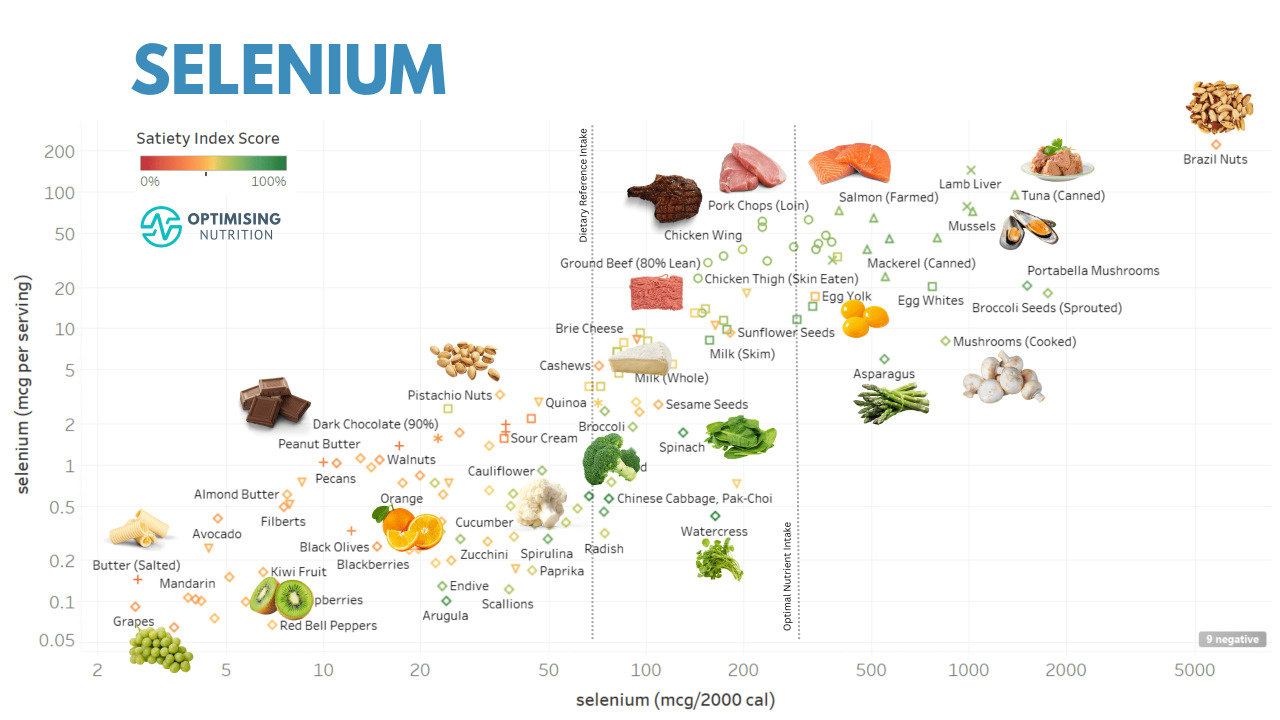In the realm of nutrition, there are certain minerals that often don’t receive the attention they deserve. Selenium is one such micronutrient that plays a crucial role in maintaining our health and well-being. While we might readily associate our dietary needs with more common elements like vitamins and minerals, selenium quietly goes about its business, contributing significantly to various physiological functions.
Understanding Selenium

Selenium, though required by the body in small amounts, is no less important than its more widely recognized counterparts. It’s an essential trace mineral, meaning it must be obtained through our diet because the body cannot produce it on its own. The significance of selenium lies in its incorporation into selenoproteins, a group of proteins that act as powerful antioxidants, enzyme cofactors, and regulators of gene expression.
Interestingly, selenium’s impact on health has been likened to the analogy of a symphony orchestra. Just as each instrument contributes to the overall harmony of a musical piece, selenium, too, plays a distinct yet vital role in our biological composition.
Sources of Selenium
Selenium’s availability in various foods allows us to integrate it into our diets without much effort. Foods like Brazil nuts, tuna, whole grains, poultry, and dairy products are rich in selenium. For those with more exotic tastes, it’s intriguing to mention that even beluga caviar from Iran contains notable amounts of selenium.
Selenium’s Role in the Body
One of the remarkable functions of selenium is its role in supporting the immune system. Selenoproteins help regulate inflammation and protect cells from oxidative stress. Additionally, selenium plays a role in thyroid function, aiding in the conversion of thyroid hormones and thus contributing to metabolism regulation. This mineral also plays a part in DNA synthesis and repair, further underlining its significance.
It’s worth noting that while selenium is required for optimal health, like many nutrients, an excess can have detrimental effects. Just as a dash of spice can elevate a dish but too much can overpower it, maintaining the right balance of selenium is crucial.
Recommended Selenium Intake

The recommended daily intake of selenium varies based on factors such as age, sex, and life stage. Generally, adults need about 55 micrograms per day. However, this requirement may increase for pregnant and lactating individuals. While selenium deficiency is uncommon in many parts of the world due to its presence in diverse foods, certain populations might still be at risk.
Health Benefits of Selenium
The benefits of maintaining adequate selenium levels extend beyond basic health. Selenium’s antioxidative properties help protect cells from damage, potentially reducing the risk of chronic diseases such as cancer and heart disease. Additionally, its role in thyroid function supports metabolism, energy production, and overall hormonal balance.
Risks of Selenium Deficiency
Although widespread deficiency is rare, certain regions with selenium-poor soil might experience health issues related to its scarcity. Selenium deficiency can lead to muscle weakness, compromised immune function, and cognitive decline. Keshan disease and Kashin-Beck disease are two conditions associated with severe selenium deficiency, further emphasizing its importance.
Finding the Balance
As with most nutrients, balance is key. While selenium is vital for health, excessive intake can lead to selenosis—a condition characterized by hair and nail brittleness, digestive issues, and even nerve damage. Striking the right balance through a varied and balanced diet is the best approach.
Incorporating Selenium into Your Diet

Thankfully, incorporating selenium into your diet isn’t a daunting task. A diverse range of foods, from nuts to seafood, offer ample selenium content. It’s all about making mindful choices that support your nutritional needs.
Conclusion
In the grand tapestry of human nutrition, selenium is undoubtedly a hidden gem. Its unassuming presence belies its immense importance in maintaining a healthy body and supporting various physiological functions. By recognizing the role of selenium and making conscious dietary choices, we can harmonize our health like a symphony, with each nutrient playing its unique part in the masterpiece of well-being.